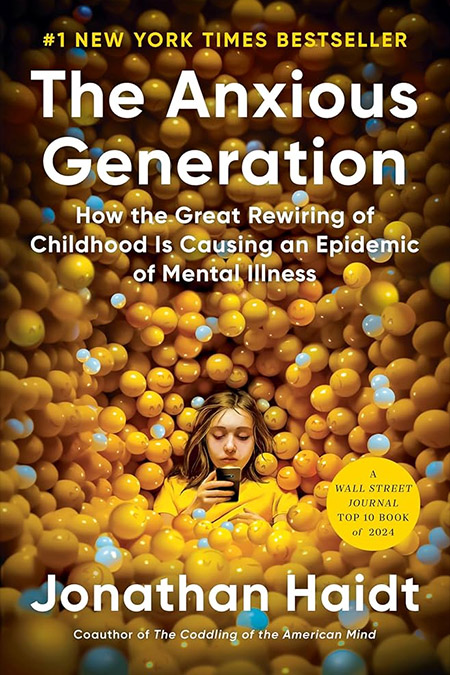


s the world digitises, children and adolescents are increasingly using digital technologies. These devices offer benefits such as exposure to social contacts and support, potential learning opportunities and access to health promotion material. However, along with these benefits, emerging evidence is indicating that frequent, extended use of digital devices is associated with negative impacts on the health and wellbeing of children and adolescents. There are many ways to use devices both for learning and recreation, so context of use is important when considering these impacts. As the pace of change unfolds, this narrative review provides an overview of the impacts of using digital technologies on the health and wellbeing of children and adolescents across eight areas: vision, hearing, obesity, pain, sleep, cognition, mental health, and social impacts. Key points summarise the current state of evidence with relating expert opinion on reducing the risk of harm, where indicated, with the aim to aid decision-making and risk intervention. Sources include global large-scale studies, systematic reviews, and meta-analyses. Physiotherapists, with a professional scope focusing on physical health, quality of life, health promotion and advocacy, are well positioned to support children and families, and to contribute to interventions aimed at reducing risk.
Cullen, J., Muntz, A., Marsh, S., Simmonds, L., Mayes, J., O’Neill, K., & Duncan, S. (2024). Impact of digital screen use on health and wellbeing of children and adolescents: A narrative review. New Zealand Journal of Physiotherapy, 52(1), 62–77. Retrieved from https://nzjp.org.nz/nzjp/article/view/364
Read the full article on NZJP.

In The Anxious Generation, social psychologist Jonathan Haidt presents more than a dozen mechanisms by which this “great rewiring of childhood” has interfered with children’s social and neurological development, covering everything from sleep deprivation to attention fragmentation, addiction, loneliness, social contagion, social comparison and perfectionism.
Read More
In the past few years internet addiction (IA) and internet gaming disorder (IGD) have become very frequent, leading to many personality and psychiatric disorders including low self-esteem, impulsivity, poor sleep quality, mood disorder, and suicide. IA has been included in Appendix III of the Diagnostic and Statistical Manual for Mental Disorders (DSM-5) as IGD. In addition, IA leads to many neuroanatomical and neurochemical alterations including cortical thinning of various components of the brain and altered dopaminergic reward circuitry.
Read MoreWe greatly appreciate your feedback on this website and would like to know what information you found useful and what services you would like to see next. Please take a couple of minutes to let us know.
survey